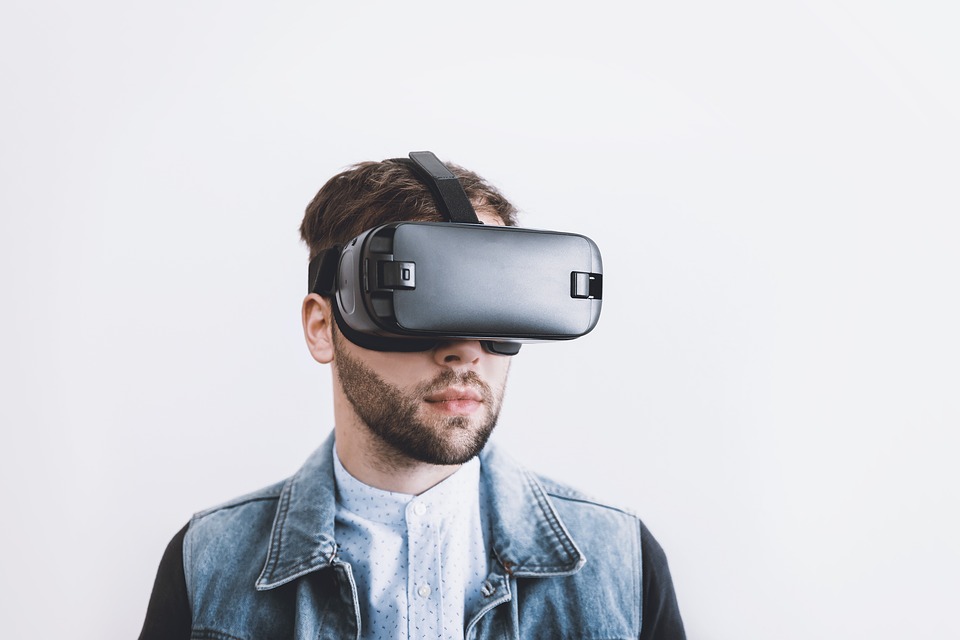OTAN News
Research: People Remember Information Better Through Virtual Reality
 A study from the University of Maryland found that people recall information better when it is presented to them in a virtual environment, as opposed to a desktop computer.
A study from the University of Maryland found that people recall information better when it is presented to them in a virtual environment, as opposed to a desktop computer.
The researchers asked 40 volunteers to familiarize themselves with printouts of well-known faces, such as Abraham Lincoln, the Dalai Lama, Arnold Schwarzenegger and Marilyn Monroe. Participants were then shown the faces placed in various locations within a "memory palace," an imaginary physical location designed to promote "spatial mnemonic encoding," or visual-based recall of an object in a specific place.
Half of the participants viewed the memory palace first through a VR head-mounted display and then on a desktop computer, while the other half viewed the desktop version first followed by VR. After navigating the memory palace for five minutes and taking a two-minute break, participants were asked to remember the location of each face seen in the memory palace environment.
Researchers then compared participants' recall accuracy when using a VR headset vs. a desktop. The result: VR users performed 8.8 percent better, which, according to the research team, was a statistically significant difference.
"This data is exciting in that it suggests that immersive environments could offer new pathways for improved outcomes in education and high-proficiency training," said Amitabh Varshney, professor of computer science and dean of the College of Computer, Mathematical, and Natural Sciences at UMD, in a statement. "By showing that virtual reality can help improve recall, it opens the door to further studies that look at the impact of VR-based training modules at all levels — from elementary school children learning astronomy to trauma residents acquiring the latest knowledge in lifesaving procedures. We believe the future of education and innovation will benefit greatly from the use of these new visual technologies."
The project was supported by the National Science Foundation, the state of Maryland's MPower initiative and the NVIDIA CUDA Center of Excellence program. The study results, published in the journal Virtual Reality, are available on the UMD site.
Source: THE Journal

